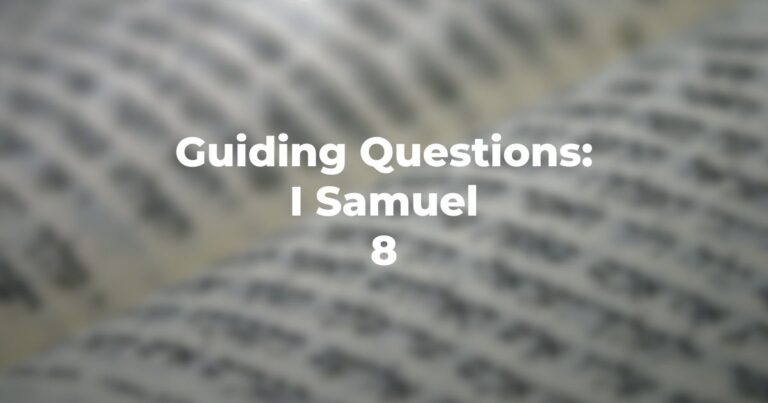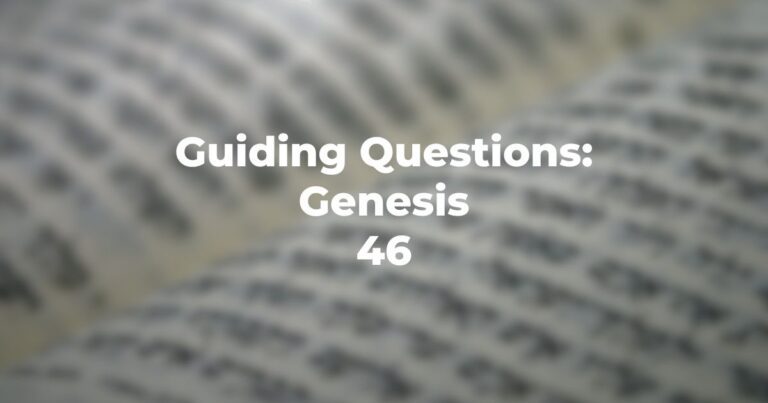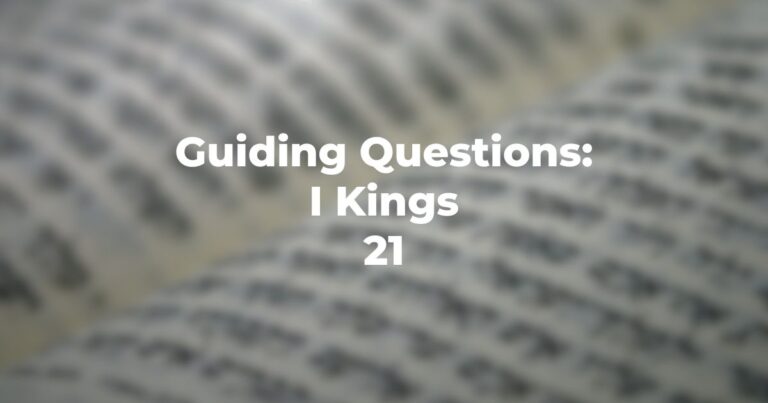- In the section of blessings (Deuteronomy 28:1-14), does fecundity play a role of import?
- And, does victory over one’s enemies have a place?
- How does Deuteronomy 28:13 appear to be a summary of the blessings?
- And is Deuteronomy 28:14 considered part of the “blessing” or a cautionary—and if the latter, what specifically, is to be avoided?
- Deuteronomy 28:15-62 represent an uninterrupted litany of punishment, tragedy, and disaster. In this passage, is there any alleviation; to any degree?
- Moreover, the tragedy does not end there but there is a new element of ultimate disaster set forth in Deuteronomy 28:64-68—but with what possible expectation of any redress?
- What does text mean when it says that these are the words of the covenant which God commanded Moses to effect with Israel in the land of Moab “over and above the covenant which was entered into at Horeb”?
Author
-

Exploring Judaism is the digital home for Conservative/Masorti Judaism, embracing the beauty and complexity of Judaism, and our personal search for meaning, learning, and connecting. Our goal is to create content based on three core framing: Meaning-Making (Why?), Practical Living (How?), and Explainers (What?).
View all posts




